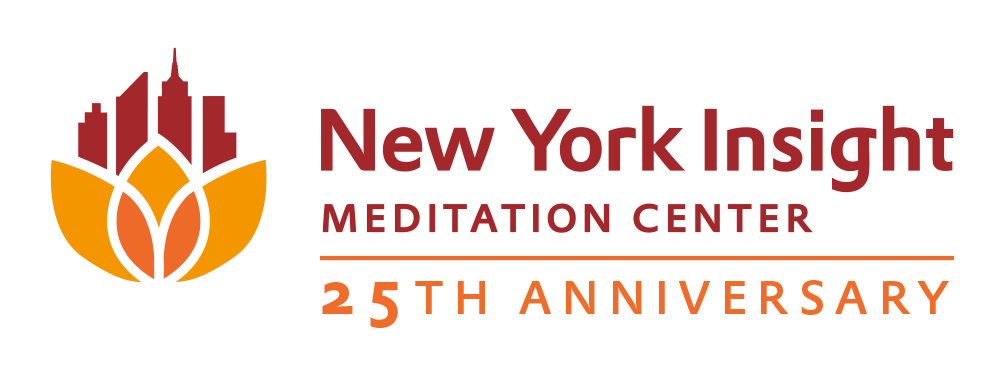Community Blog
A Buddhist Recipe for Handling Turmoil
We all know that change is inevitable and impermanence is non-negotiable. But somehow it can feel surprising, maybe even wrong, when we personally hit turbulence. This interview with Kaira Jewel Lingo on the 10% Happier podcast explores waking up to what’s happening right now; trusting the unknown; how gratitude helps us in times of disruption; [...]
Non-Identification by Tara Mulay
In this video by meditation teacher Tara Mulay, she discusses the concept of non-identification of our thoughts, feelings and sensations. When the cognitive burden of identification is put down there is so much energy for deepening awareness. Join Tara on Thursday, September 9th, 2021 from 7:00pm - 8:30pm ET for Gentle [...]
How Mindfulness Changes the Emotional Life of our Brains by Richard J. Davidson
“Why is it that some people are more vulnerable to life’s slings and arrows and others more resilient?” In this eye-opening talk, Richard Davidson discusses how mindfulness can improve well-being and outlines strategies to boost four components of a healthy mind: awareness, connection, insight, and purpose.
Talking about Real Life with Sharon Salzberg
https://vimeo.com/543688924 We are excited to announce an upcoming online series Sharon Salzberg is generously offering for free to New York Insight's Circle of Friends. Over three intimate gatherings, that will take place on July 14th, August 18th, and September 22nd, 2021 from 7:00pm to 8:30pm ET, participants will join Sharon to explore, meditate and [...]
A Covenant with New York Insight
Two months after my wife died in November of 2017, a friend took me to dinner and at some point said to me that she was going to meditation the next morning. She asked… why don’t I come with her? And so I did and was guided into my first meditation by Sharon [...]
Being One’s Own Teacher
Author and Buddhist teacher Gil Fronsdal writes about The Kalama Sutta, a much-quoted discourse in which the Buddha radically challenged most sources of religious authority. The discourse is often read as a warning not to seek truth outside of oneself. It is quoted and misquoted as teaching that we should not believe anything unless we know it from our own experience. While the Buddha does advise reliance on what can be known through direct experience, he does so in a particular and limited way.

